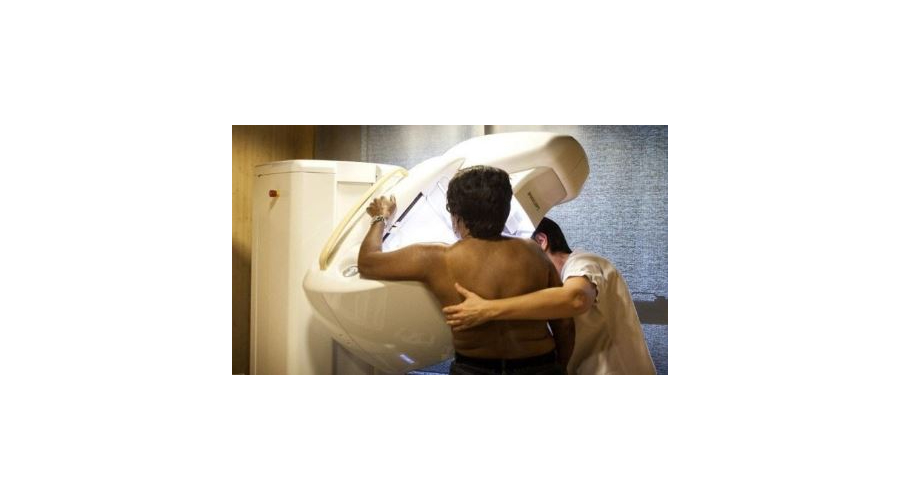30 October 2022
Jeff Gill, The Times, Gainesville, Ga.
Today, I am again focusing on the absolute need for women to have regular mammogram check-ups for any early signs of breast cancer, and share with Solomon Islands readers the following story
Quote
In just a year, she went from having a mammogram showing normal results to breast cancer that led to her undergoing a double mastectomy.
"That's why I'm such an advocate" for regular mammograms, said the Mount Airy resident. "The good thing is (the cancer) was contained in the milk duct. It hadn't escaped into the body yet."
Her doctor, who read her screening mammogram in 2016, "called her back for calcifications that ended up being cancer," said Courtney Randolph, a Northeast Georgia Health System spokeswoman.
Askew's 3D mammogram was performed at the Imaging Center in Braselton.
"That day, they said they saw something," she said.
She said she was given options, mainly she could watch the situation for six months or have a biopsy.
"I chose not to sit on it," Askew said. "If I had sat on it, there's no telling what stage I would have been at and what treatments I would have had to go into."
She ended up undergoing a biopsy. That's when Askew, 53, learned she had cancer.
Her surgeon, Dr. Priscilla Strom, was matter-of-fact about the findings in a meeting with Askew and her husband.
"She put my papers down and said, 'Well it's cancer,'" Askew said. "And we were like, 'Huh?' She said, 'Let's see what our next steps are.'"
"What I like about (Strom) was she was ready to take the bull by the horns and 'let's do this.' She's a phenomenal doctor and was by my side the whole time, and I really appreciate her."
Askew went through a lumpectomy, or surgery to remove abnormal tissue.
"They said that's all I needed," she said.
But she ended up undergoing a double mastectomy, or removal of both breasts.
"It wasn't medically necessary, but I chose to do that because I did not want to do treatments and I did not want anything recurring," Askew said. "I didn't want to do radiation and all the stuff that came with a lumpectomy. Every woman is going to be different with that. I just wanted to do the most extreme thing so I didn't have to deal with it again."
The risk of recurrence in the affected breast after mastectomy is overall 1- 2%, but "that can be increased by the original size of the cancer and its characteristics," said Strom of Longstreet Clinic General Surgery.
Radiation would have required daily treatments for six weeks, Askew said.
While in the hospital for breast reconstructive surgery, she got the news that she was cancer-free. That was Feb. 3, 2017, one day before her birthday.
"That was quite the birthday present," she said. "I don't have to go back for scans or anything."
Still, "to this day, I'm very thankful," said Askew, who owns and operates a hair salon in Cornelia. "When you have cancer, it's always in the back of your mind — a fear of it coming back somewhere else or something like that. I just have to pray a lot and keep my faith."
Her message to women is simple.
"A lot are scared to do it because they don't want to face it or are scared they might find something," said Askew, who added she may not have had such a timely mammogram if it had not been for some pending surgery that required it beforehand.
"Early detection is the best detection. I'm here today because they found it early."
Dr. Julie Pardue Presley of Gainesville Radiology Group and head of Women's Imaging at Northeast Georgia Health System also pleads for women to have annual mammograms.
"So many times, women have skipped a year," she said. "(A mammogram) every year is the biggest weapon we have."
And her message is more than a medical one.
"This is a very personal thing for me in this town," said Presley, a Gainesville native. "Something I've always been very passionate about is treating this community."
End of quote.
Yours sincerely
Frank Short



